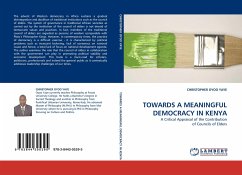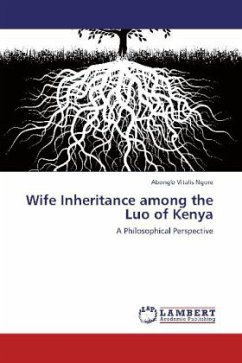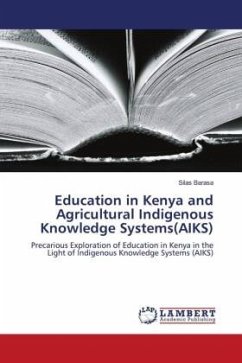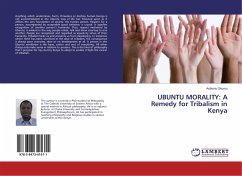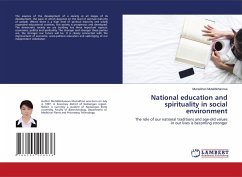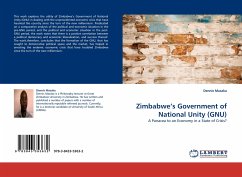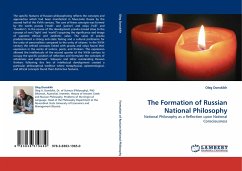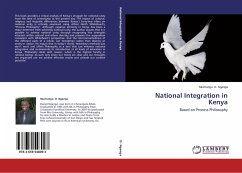
National Integration in Kenya
Based on Process Philosophy
Versandkostenfrei!
Versandfertig in 6-10 Tagen
47,99 €
inkl. MwSt.

PAYBACK Punkte
24 °P sammeln!
This book provides a critical analysis of Kenya's struggle for national unity from the time of sovereignty to the present day. The impact of cultural, religious and linguistic differences between Kenya's forty-two tribes on national unity is critically examined using Alfred North Whitehead's, "Process Philosophy". Although negative ethnicity in Kenya has been a major deterrent from achieving national unity, the author argues that it is possible to achieve national unity through recognizing the strengths inherent within cultural and ethnic diversity and presents the supposition consistent with ...
This book provides a critical analysis of Kenya's struggle for national unity from the time of sovereignty to the present day. The impact of cultural, religious and linguistic differences between Kenya's forty-two tribes on national unity is critically examined using Alfred North Whitehead's, "Process Philosophy". Although negative ethnicity in Kenya has been a major deterrent from achieving national unity, the author argues that it is possible to achieve national unity through recognizing the strengths inherent within cultural and ethnic diversity and presents the supposition consistent with Whitehead's perspective: that the interconnectedness of the different parts of a whole, can strengthen rather than destroy an entity or nation. He argues that in today's world, Yesterday's methods just don't work and offers Philosophy as a tool that can enhance national integration and recommends its introduction at all levels of education in Kenya. Philosophy deals with reason, which is thehighest faculty in rational beings. As such only when our minds are clear and our thoughts are organized can we achieve effective results and unleash our creative potential.



